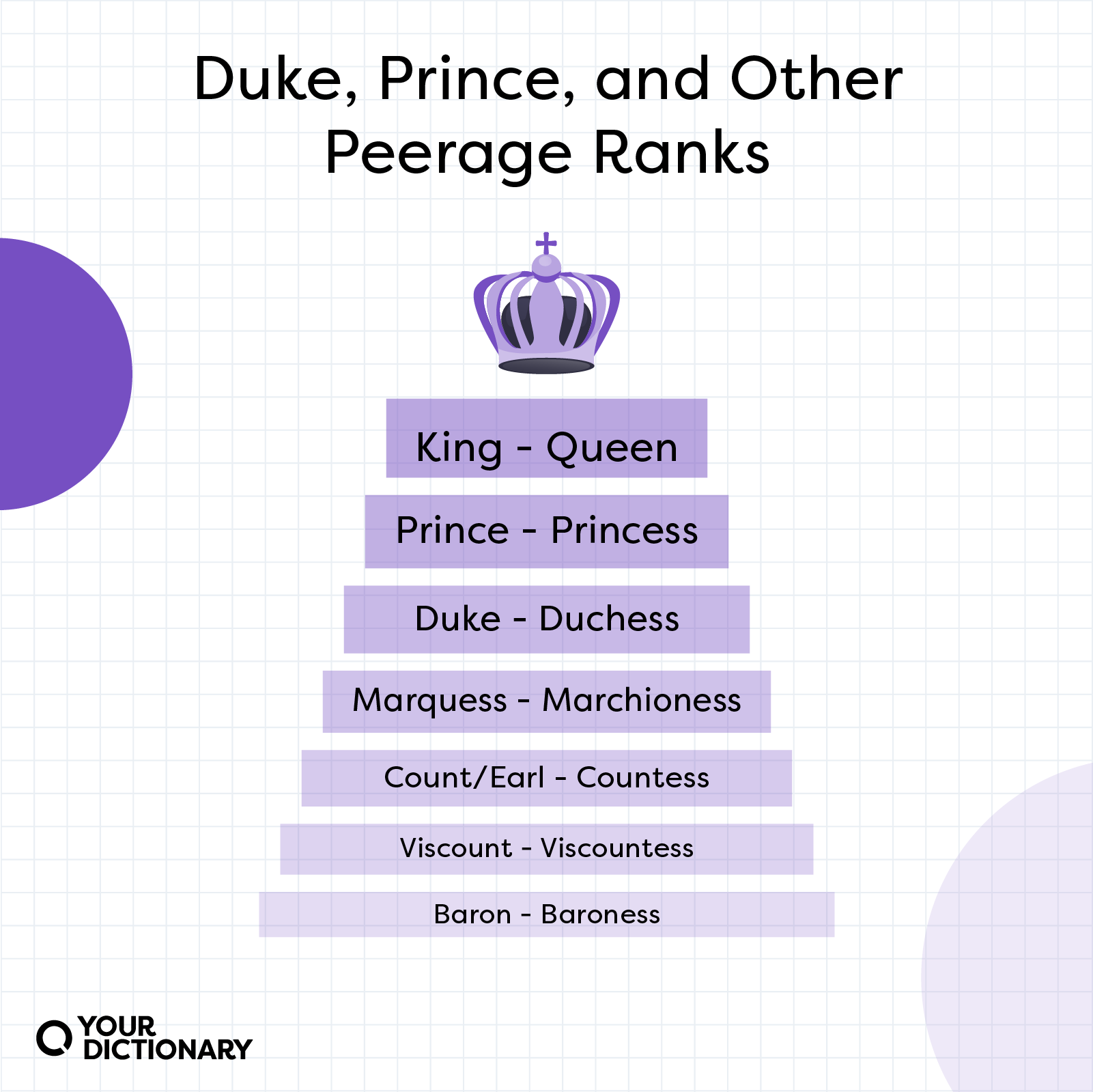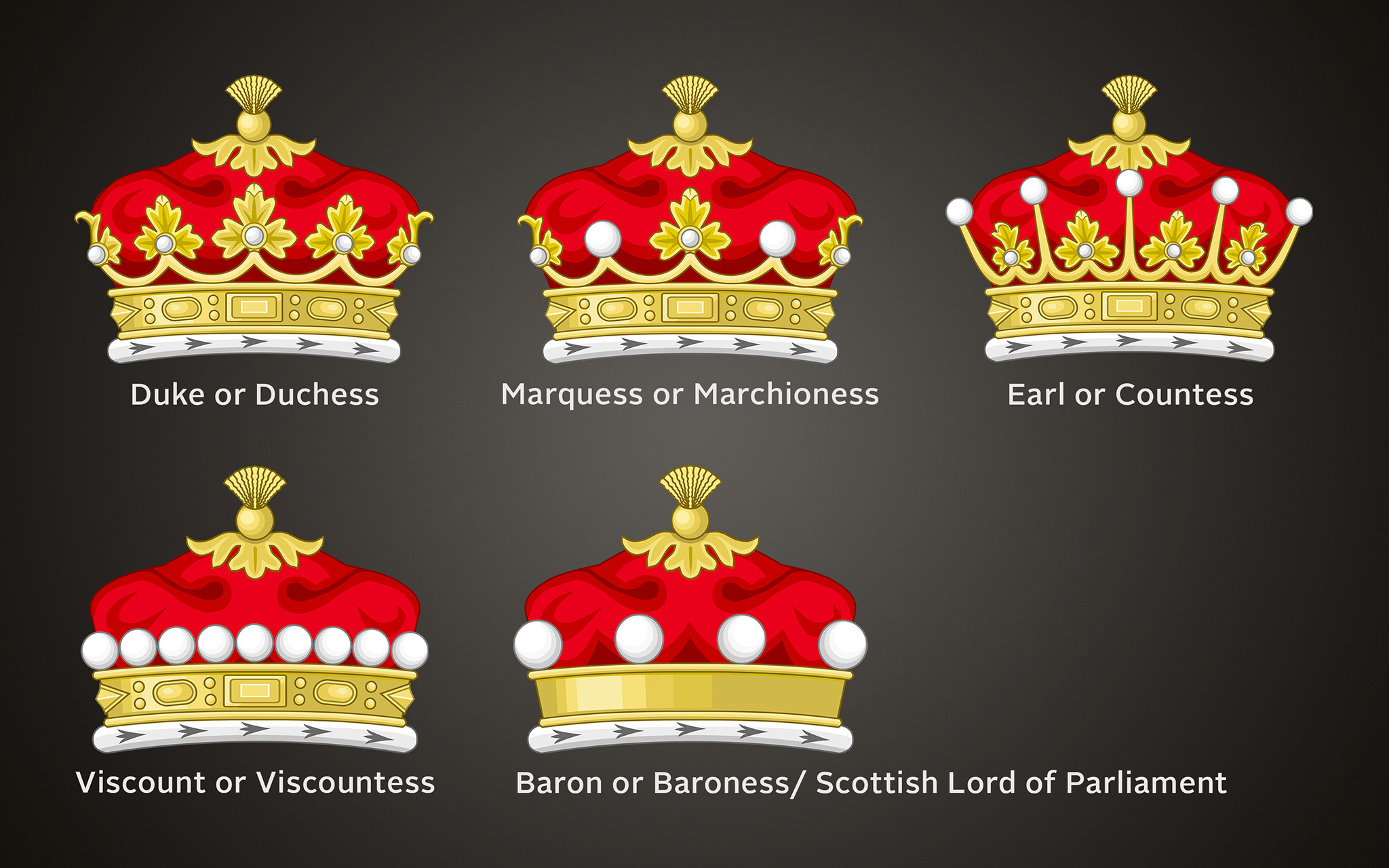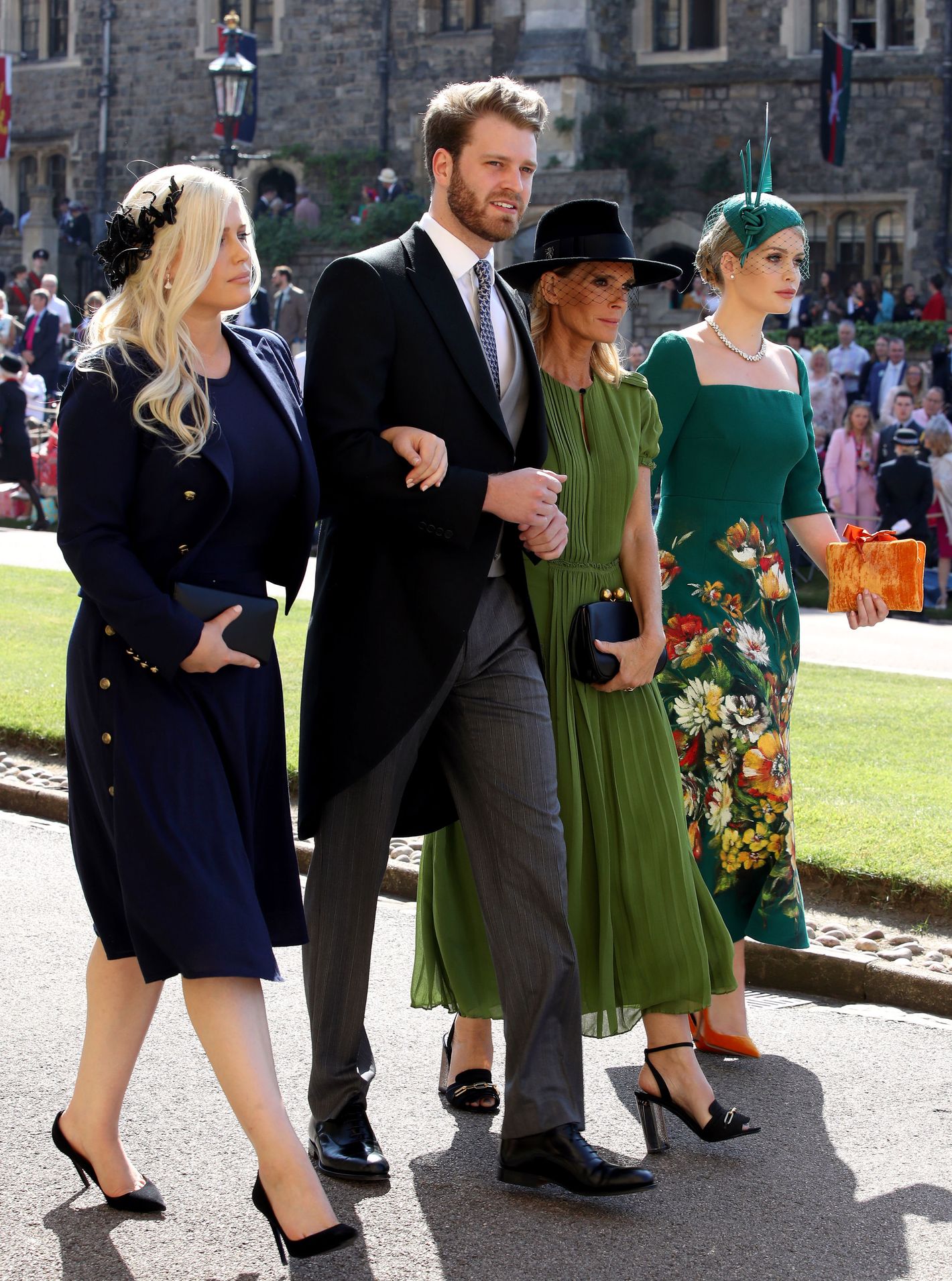Ever wondered what it takes to climb the social ladder in the world of nobility? Well, buckle up because we're diving deep into the fascinating realm of viscount ranking. Whether you're a history buff, a fantasy novel enthusiast, or just plain curious, this guide has got you covered. We'll break down everything you need to know about viscounts, their place in the hierarchy, and why they matter.
Now, let's be real here. Viscounts might not get as much screen time as kings and queens, but trust me, they're a big deal. Imagine being the middle child in a royal family—important, yet often overlooked. That's kind of what viscounts are. They're not at the top, but they sure hold some serious power. So, if you're ready to learn about these noble figures, keep reading!
By the end of this article, you'll have a solid understanding of viscount ranking, its historical significance, and how it fits into the grand scheme of things. Plus, we'll sprinkle in some fun facts and interesting tidbits to keep things spicy. Let's get started!
What is a Viscount?
Let's start with the basics, shall we? A viscount is a title of nobility that ranks just below a count or earl, depending on which country you're talking about. Think of it like a middle manager in the noble hierarchy. Viscounts were originally appointed to help manage the king's affairs, kinda like a royal assistant with a fancy title.
Historically, viscounts were responsible for overseeing smaller regions or towns, ensuring everything ran smoothly. They were like the local bosses, making sure the peasants didn't revolt and the taxes kept rolling in. Over time, the role evolved, but the title stuck around, becoming more of a ceremonial position.
Understanding the Viscount Ranking System
Now, here's where things get interesting. The viscount ranking isn't just a random title handed out to anyone with a nice smile. It's part of a complex hierarchy that varies slightly depending on where you are in the world. Let's break it down for you.
1. The Noble Hierarchy
In most European countries, the noble hierarchy looks something like this:
- Emperor/ Empress
- King/ Queen
- Prince/ Princess
- Duke/ Duchess
- Marquess/ Marchioness
- Earl/ Countess
- Viscount/ Viscountess
- Baron/ Baroness
See where viscounts fit in? Right in the middle, not too high, not too low. It's a sweet spot, really.
Historical Significance of Viscounts
Viscounts have been around for centuries, playing a crucial role in the history of many countries. In medieval Europe, they were often appointed by the king to manage local affairs. Think of them as the original multitaskers—tax collectors, judges, and peacekeepers all rolled into one.
As time went on, the role of viscounts changed. With the rise of centralized governments, their administrative duties diminished, and the title became more of a status symbol. But don't underestimate the power of status—being a viscount still carried a lot of clout.
Viscount Ranking Across Different Countries
While the basic concept of a viscount remains the same, the specifics can vary from country to country. Let's take a look at how viscount ranking differs across the globe.
2. United Kingdom
In the UK, a viscount is the fourth rank of the peerage, sitting just below an earl. The title is hereditary, meaning it gets passed down through the family. Some viscounts even have seats in the House of Lords, giving them a say in government affairs.
3. France
In France, viscounts were known as "vicomtes." They were similarly ranked below counts and played a similar role in local governance. However, the French Revolution pretty much wiped out the nobility, so the title doesn't carry as much weight today.
How to Become a Viscount
So, you want to be a viscount, huh? Well, it's not as simple as just declaring yourself one. Traditionally, viscount titles were either inherited or granted by the monarch. But in modern times, there are a few other ways to acquire the title.
- Inherit it from a family member
- Be granted the title by a reigning monarch
- Purchase a title (though this is often controversial)
Keep in mind, though, that buying a title doesn't give you the same rights or privileges as a hereditary viscount. It's more of a novelty thing at this point.
Viscount Privileges and Responsibilities
Being a viscount comes with a whole host of privileges and responsibilities. On the privilege side, you've got the prestige, the fancy title, and sometimes even a nice piece of real estate. But with great power comes great responsibility, as they say.
Historically, viscounts were expected to:
- Administer justice in their region
- Collect taxes
- Maintain order
- Support the monarch in times of war
Today, the responsibilities are more ceremonial, but the title still carries a certain amount of prestige.
Famous Viscounts in History
Throughout history, there have been some pretty notable viscounts. Let's take a look at a few of them.
4. Viscount Bonaparte
Yes, that Bonaparte. Napoleon's family included several viscounts, who played key roles in his rise to power. They were instrumental in securing alliances and expanding his empire.
5. Viscount Castlereagh
Charles Stewart, 2nd Marquess of Londonderry, was also known as Viscount Castlereagh. He was a prominent British statesman and played a major role in shaping European politics after the Napoleonic Wars.
Modern-Day Viscounts
While the role of viscount has changed over the years, there are still plenty of viscounts around today. Some hold seats in the House of Lords, while others focus on preserving their family's legacy. Many are involved in charitable work or local governance, continuing the tradition of public service that viscounts have always been known for.
Fun Facts About Viscounts
Here are a few fun facts to impress your friends with:
- The word "viscount" comes from the Latin "vicecomes," meaning "deputy to a count."
- In some countries, viscounts are referred to as "lords of the manor."
- Viscount titles can be passed down through the female line in some cases.
Conclusion: Why Viscount Ranking Matters
So there you have it, everything you ever wanted to know about viscount ranking. From their historical significance to their modern-day roles, viscounts have played an important part in the world of nobility. Whether you're fascinated by history, intrigued by titles, or just curious about how the world works, understanding viscount ranking gives you a glimpse into a world that's both ancient and enduring.
Now it's your turn. Got any questions or thoughts? Drop them in the comments below. And if you found this article helpful, don't forget to share it with your friends. Who knows, maybe you'll inspire the next generation of viscount enthusiasts!
Table of Contents
- Diva Flawless Latest Videos Leaks What You Need To Know
- Aagmaalgives Unveiling Insights Competitors April 2025


